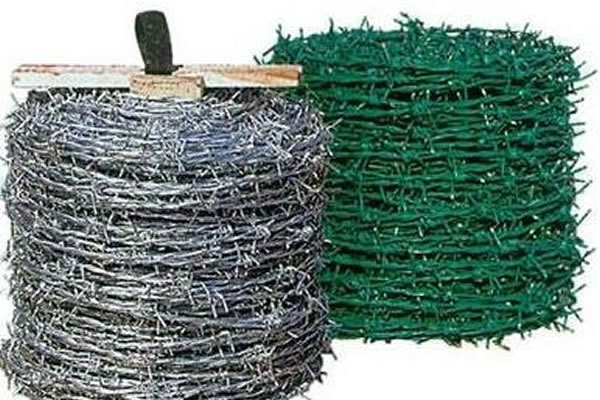 TEL:
+86-13102802206
TEL:
+86-13102802206
 Email:
fencenetting@china.com
Email:
fencenetting@china.com
 Language
Language
 TEL:
+86-13102802206
TEL:
+86-13102802206
 Email:
fencenetting@china.com
Email:
fencenetting@china.com
 Language
Language


Cyclone Fence Repair A Comprehensive Guide
Cyclone fences, also known as chain-link fences, are a popular choice for both residential and commercial properties due to their durability, low maintenance, and cost-effectiveness. However, like any other structure, cyclone fences may require repairs over time due to wear and tear, weather damage, or accidental impacts. Understanding how to repair a cyclone fence can save property owners time and money, ensuring security and enhancing aesthetics.
Understanding Cyclone Fences
Before delving into repairs, it's important to understand the components of a cyclone fence. The main parts include
1. Chain-link Fabric The series of metal wires woven into a mesh, which provides visibility and security. 2. Posts Vertical supports that hold the fence upright, typically made of galvanized steel. 3. Rails Horizontal supports that connect the posts at the top and bottom. 4. Fittings Components such as ties, caps, and tension bands that hold the fabric in place and secure the posts.
Common Issues with Cyclone Fences
Identifying the problem is the first step towards effective repair. Common issues with cyclone fences include
- Rust and Corrosion Over time, exposure to moisture can cause metal components to rust, weakening the structure. - Loose or Damaged Posts Posts may become loose due to soil erosion or impact from vehicles or heavy objects. - Torn or Damaged Chain-link Fabric Accidents, such as a fallen tree branch or animal interference, can create tears or holes in the fabric. - Missing or Broken Fittings Fittings can become detached or break, leading to instability.
Repairing a Cyclone Fence
1. Assessing the Damage
Before making any repairs, walk the perimeter of the fence to assess the extent of the damage. Make a list of all the issues that need attention, which will help in gathering the necessary materials.
2. Gathering Materials
For minor repairs, you will need

- Replacement chain-link fabric (if damaged) - Rust-resistant paint (if rust is present) - New posts and fittings (if any are broken) - Wire cutters - Pliers - Tension bar and clamps - Concrete mix (for loose posts)
3. Repairing Rust
If you notice rust on your fence, it's essential to address it quickly to prevent further deterioration. Use a wire brush to scrub away any loose rust. Once clean, apply rust-resistant paint to protect the metal and enhance its lifespan.
4. Fixing Loose or Damaged Posts
For posts that are leaning or unstable, follow these steps
- Dig Around the Base Carefully dig around the base of the post to expose the concrete footing. - Straighten the Post You may need a helper to hold the post while you work. - Reinforce Add fresh concrete mix around the base of the post to secure it. - Allow to Cure Let the concrete cure for at least 24 hours to ensure stability.
5. Repairing Chain-link Fabric
To repair torn or damaged chain-link fabric
- Remove the Damaged Section Use wire cutters to cut out the torn section. - Attach New Fabric Cut a new piece of chain-link fabric to size and attach it using tension bars and clamps to secure it to the existing fabric. - Weave the Links If necessary, use pliers to weave the links of the new fabric with the existing material.
6. Replacing Fittings
If you find any broken or missing fittings, simply remove the old ones and replace them with new ones using screws or bolts as needed.
Conclusion
Repairing a cyclone fence may seem daunting, but with a little knowledge and the right tools, it can be a straightforward task. Regular maintenance and timely repairs will prolong the life of your fence and maintain the security and appearance of your property. Whether dealing with rust, damaged posts, or torn fabric, addressing these issues early on will help ensure that your cyclone fence continues to serve its purpose for years to come.